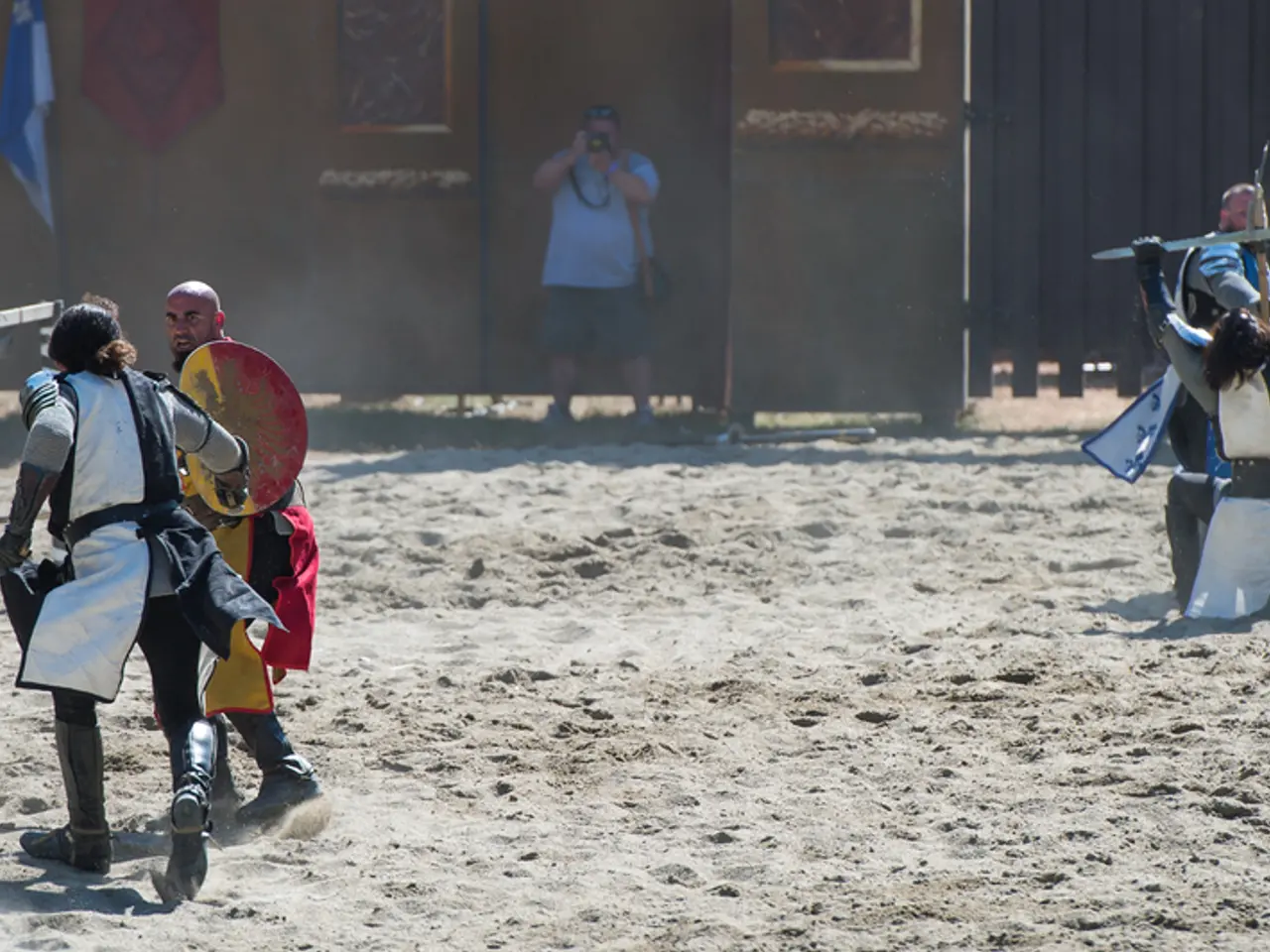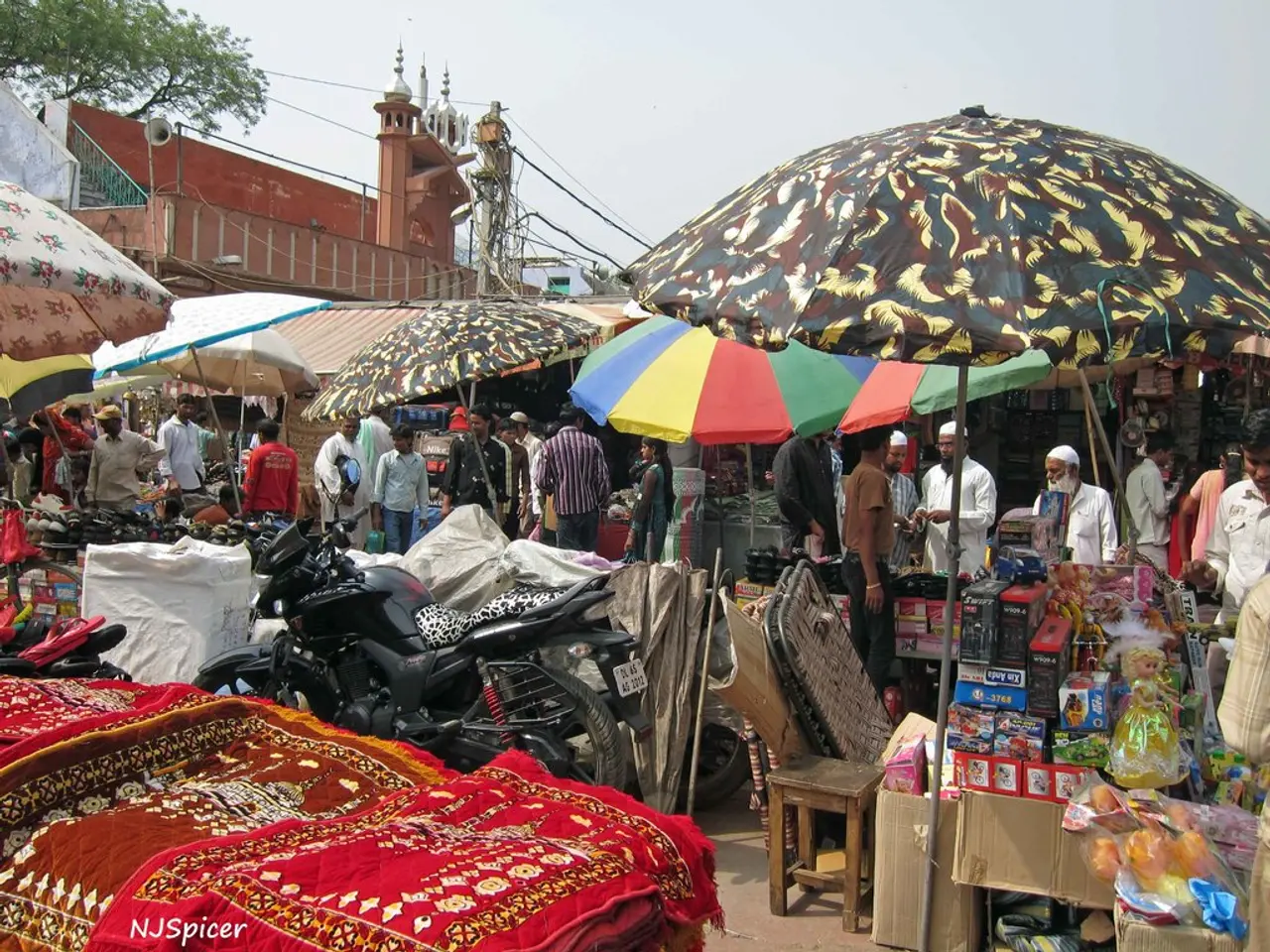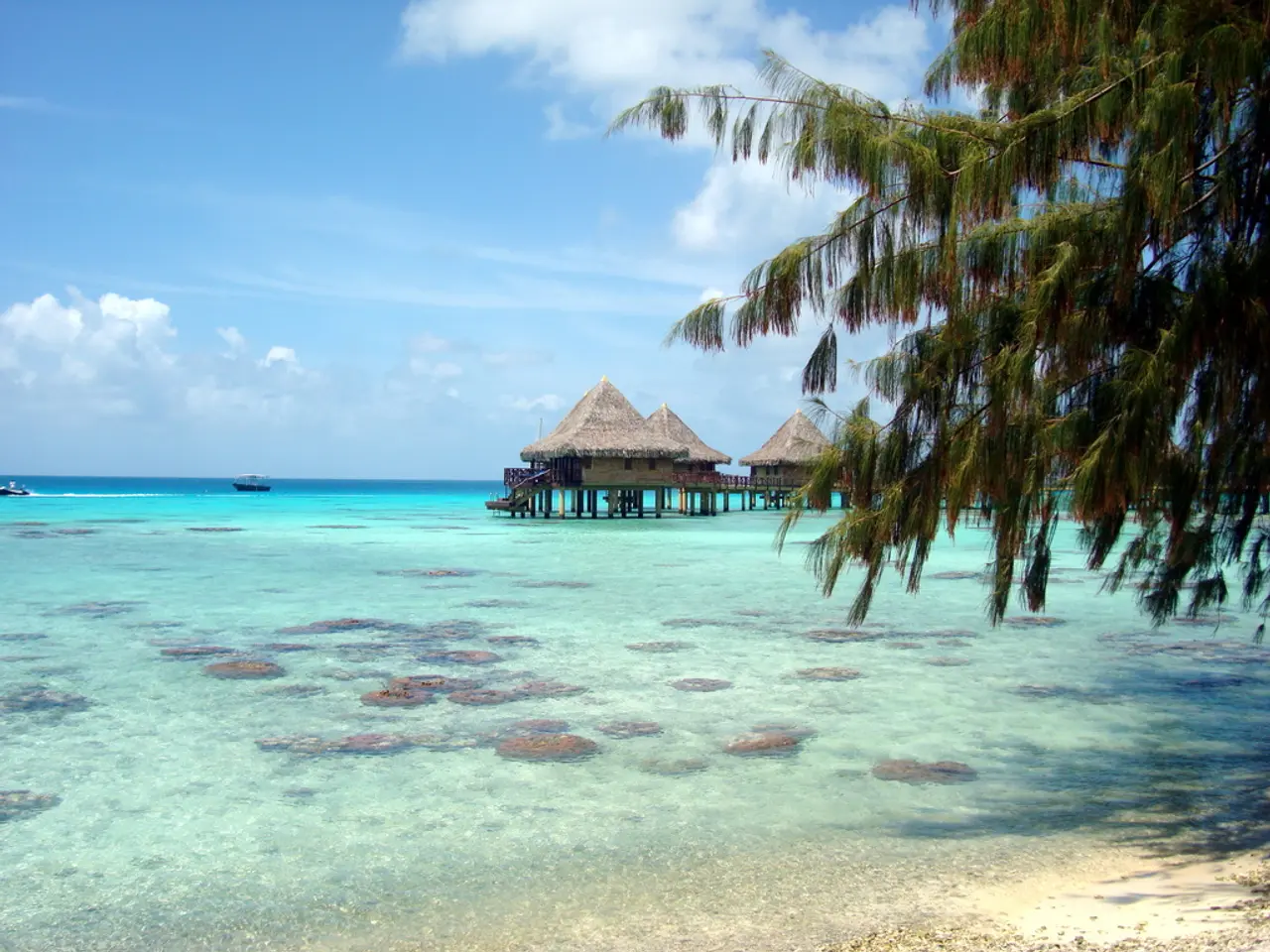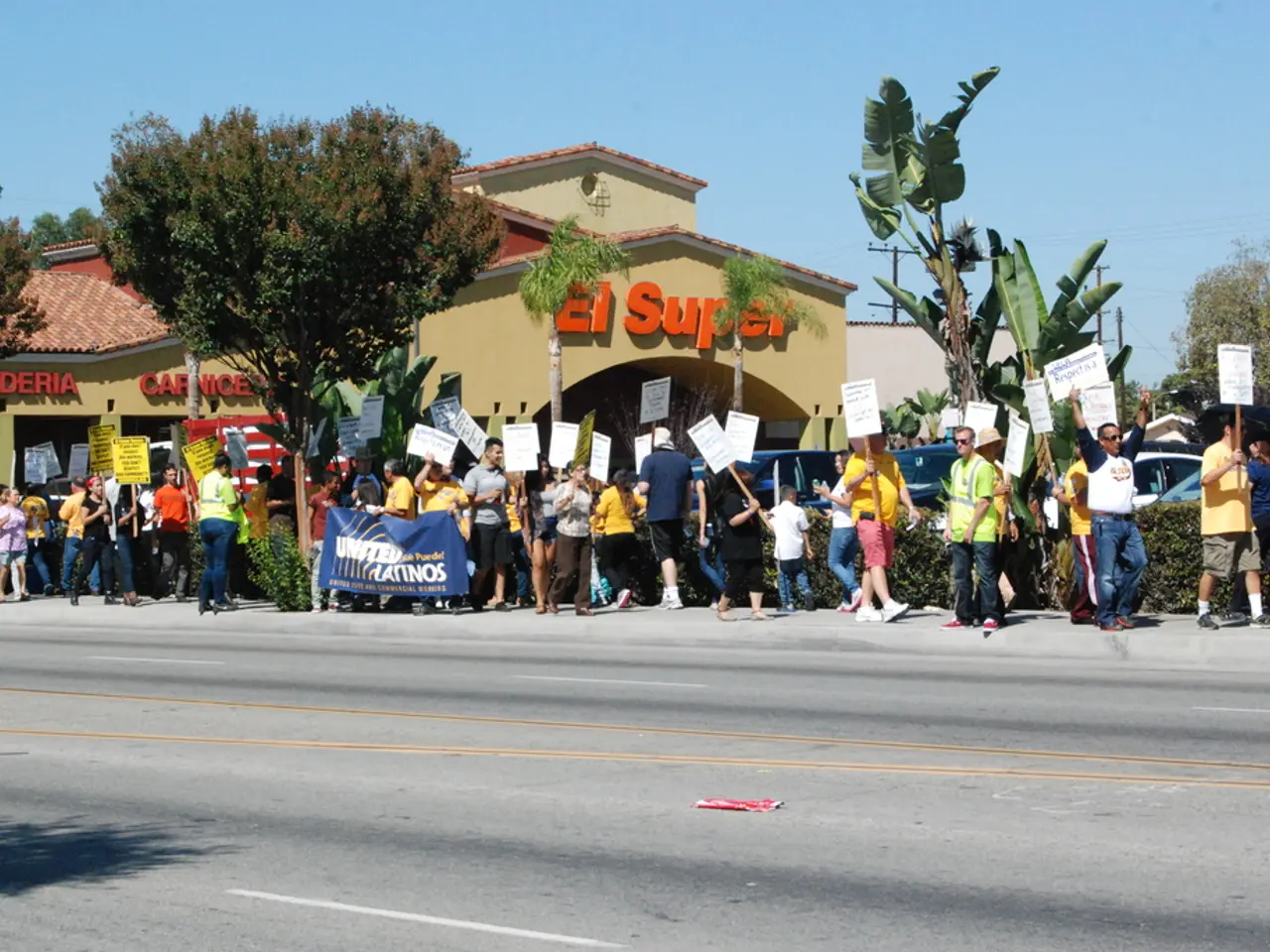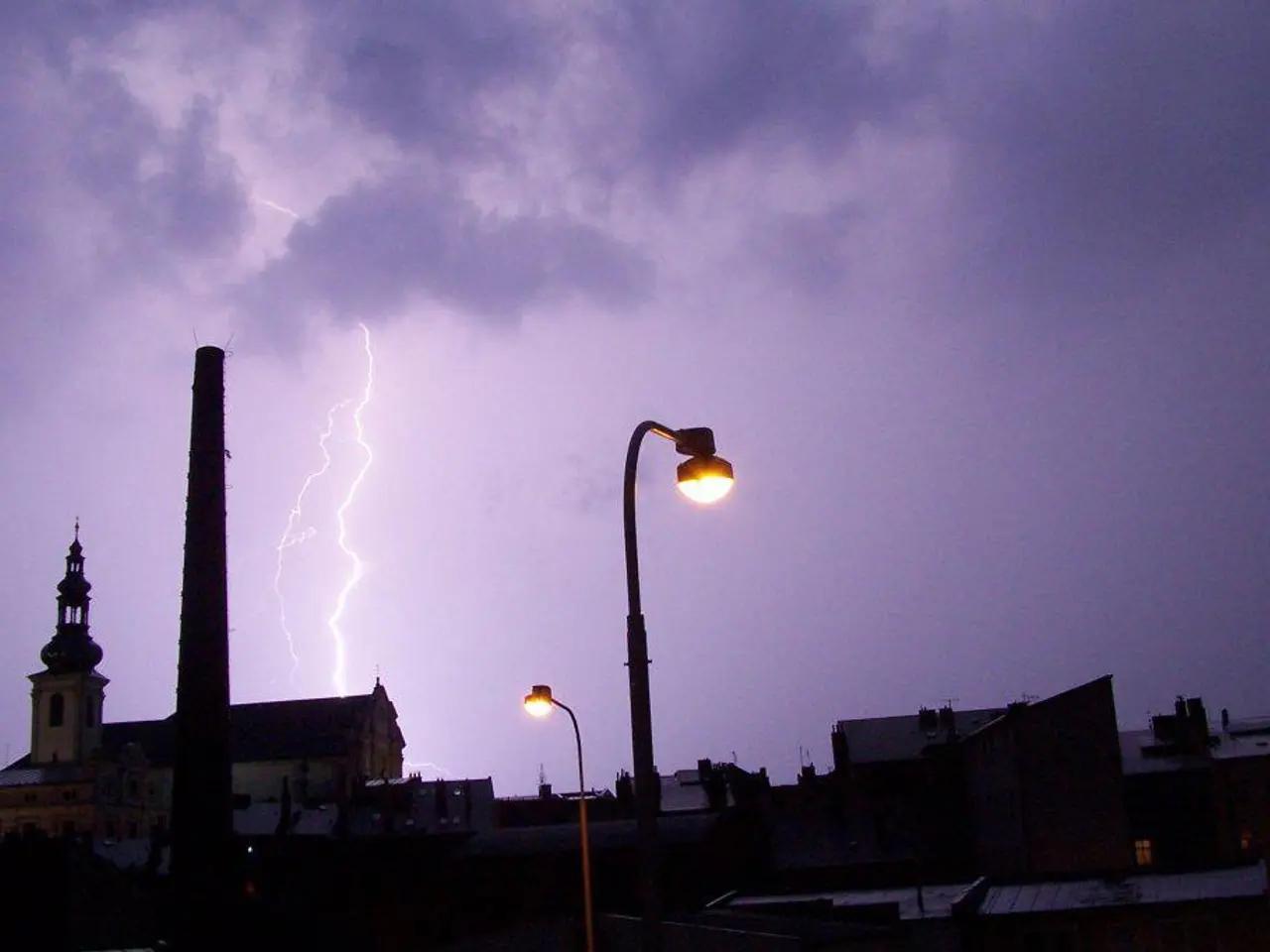Israel launches attack on Damascus in aid of the Druze community
The Druze minority in Syria is currently grappling with significant tension and conflict, with recent clashes resulting in a substantial loss of life. According to the Syrian Observatory for Human Rights, over 300 deaths have been reported since Sunday, July 13, in the region of Sweida, in southern Syria, where clashes between Druzes and Bedouins have taken place.
Following the fall of the Assad regime, the Druze community has had mixed reactions to the new interim government led by former rebel chief Ahmad al-Sharaa. While some Druze leaders support a unified Syria and cooperation with the interim administration, others oppose it, maintaining their own security forces and resisting efforts from the central government to consolidate power.
After the Syrian government forces withdrew from the Druze-majority area of Sweida, al-Sharaa pledged to protect the Druze community and hold accountable those responsible for violence against them, emphasizing state responsibility for their safety.
Israeli military involvement in the region has added another layer of complexity to the situation. Israel has declared its intention to protect the Druze minority in Syria and has received some backing from the Israeli Druze community. However, many Druze within Syria reject Israeli offers of "protection." Analysts view Israel’s stance as chiefly a move to limit Syrian government influence in southern Syria. Israeli forces have reportedly moved beyond agreed buffer zones and carried out operations deeper into southern Syrian territory.
This week, Israeli Prime Minister Benjamin Netanyahu is convening his war cabinet and relying on the Druze community on both sides of the border to keep the new Syrian power at bay from Israel. Netanyahu has asked the army to handle the situation, preventing civilians from crossing the border. The Israeli Prime Minister has also warned the new Damascus regime about persecution of the Druze minority and stated that the country is determined to protect the Druze minority through intense military operations.
Since Monday, Israel has been bombing tanks of the Syrian army in response to the atrocities faced by the Druze minority, including the forced shaving of men's mustaches, a distinctive Druze signature. The Israeli Prime Minister's actions have not been without controversy, as the Syrian army headquarters, the presidential palace, and a Druze stronghold in Sweida have been previously hit in Israeli bombings.
Meanwhile, Druzes living in northern Israel have been attempting to cross the border to aid Syrian Druzes since Tuesday. Arnaud Miguet, special envoy to the Middle East, has made a statement regarding the situation, but the Syrian Observatory for Human Rights has not yet reported any casualties or damage from the Israeli bombings.
This situation highlights the Druze’s precarious position amid Syria’s evolving political landscape and regional power struggles, with ongoing violence and external interventions complicating their status. The Druze community has a population of 700,000 in Syria and 150,000 in Israel, and their future remains uncertain as they navigate the complexities of the ongoing conflict in Syria.
The Druze community's future is uncertain as they navigate the complexities of the ongoing war-and-conflicts in Syria, with the Druze minority in Syria faced with political challenges from the new interim government led by Ahmad al-Sharaa. The Syrian government's withdrawal from Sweida, a Druze-majority area, has brought politics and general-news into sharp focus, as Israel's military involvement adds another layer of complexity to the Druze's precarious position.
